Leasing
Your Lease, Simplified
There’s no denying the thrill of driving off the lot in a brand-new car, sleek, untouched, humming with promise.
For generations, owning a car meant saving for months or even years to afford a down payment, then committing to monthly loan payments until the vehicle was fully paid off.
But today, leasing has emerged as a compelling alternative, offering lower monthly costs and the allure of always driving the latest model. So which is truly better, leasing or buying? The answer isn’t one-size-fits-all. It depends on your financial goals, lifestyle, driving habits, and long-term plans.
Let’s cut through the hype, bust some myths, and give you the facts you need to make an informed decision.
What Is Leasing, Really?
Leasing a car is essentially renting it for a fixed term, typically 24 to 36 months (not four to five years, as sometimes mistakenly believed). You pay for the vehicle’s depreciation during that time, plus interest, taxes, and fees. At the end of the lease, you return the car to the dealer, unless you choose to buy it outright at a predetermined “residual value.”
Monthly lease payments are often significantly lower than loan payments for purchasing the same car, making leasing attractive for budget-conscious drivers. However, this doesn’t mean leasing is cheaper overall, far from it.
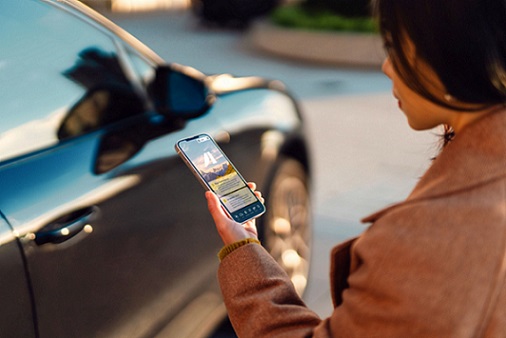
The Hidden Costs and Restrictions of Leasing
While leasing may seem like a financial win upfront, it comes with strings attached:
- Mileage Caps: Most leases limit you to 10,000–15,000 miles (16,000–24,000 km) per year. Exceed that, and you’ll pay hefty overage fees, often 15 to 30 cents per extra mile. If you commute long distances, travel frequently, or just enjoy road trips, these charges can add up fast.
- Wear-and-Tear Penalties: When you return the car, the leasing company will inspect it for damage beyond “normal wear.” That small dent from a parking lot mishap? The coffee stain on the seat? The worn tires? You could be billed hundreds, even thousands, of dollars to cover “excessive” wear.
- No Ownership Equity: Unlike buying, where each payment builds equity, every dollar spent on a lease is gone forever. You’re paying for temporary use, not long-term value.
- Early Termination Fees: Need to end your lease early? Be prepared to pay a steep penalty — often equivalent to several remaining monthly payments.
Why Buying Usually Wins in the Long Run
When you buy a car, whether new or used, you build equity with every payment. Once the loan is paid off, you own the vehicle outright. No more monthly payments. No mileage limits. No penalties for scratches or dents (unless you care about resale value).

Here’s why buying tends to be the smarter financial move:
- Lower Total Cost of Ownership: Over a typical 5- to 7-year ownership period, buyers almost always spend less than lessees, even with higher monthly payments. Why? Because after the loan ends, you drive payment-free. Lessees start a new lease every few years, perpetually paying.
- Freedom to Modify and Maintain: Want to install aftermarket parts, take your car off-road, or delay fixing that minor scratch? Go ahead, it’s yours. You also choose where to service it, potentially saving money compared to dealership-mandated maintenance under some leases.
- Unlimited Mileage: Road trip across the country? Daily 100-mile commute? No problem. Drive as much as you want without fear of penalties.
- Resale or Trade-In Value: When you’re ready to upgrade, you can sell or trade in your car and use the equity toward your next purchase. With leasing, you walk away empty-handed.

When Leasing Actually Makes Sense
Despite its drawbacks, leasing isn’t all bad, and for certain people, it’s the perfect fit:
- Short-Term Needs: Relocating for a 2- or 3-year job assignment? Going back to school? Leasing avoids the hassle of buying and selling a car in a short window.
- Want the Latest Tech and Safety Features: If you love driving the newest models with cutting-edge infotainment, driver assists, and warranties, and don’t mind never owning anything — leasing lets you upgrade every few years.
- Business Use: For self-employed individuals or small business owners, leased vehicles may offer tax advantages (consult a tax professional). Monthly lease payments may be partially deductible if the car is used for business.
- Predictable Budgeting: Lease payments are fixed, and most leases include warranty coverage for the full term, meaning fewer surprise repair bills.

Key Leasing Tips If You Go That Route
If leasing fits your needs, protect yourself with these strategies:
1. Negotiate the Price First — Yes, you can (and should) negotiate the capitalized cost (the “price” of the car) before discussing monthly payments. A lower cap cost = lower lease payments.
2. Understand All Fees — Acquisition fees, disposition fees, excess mileage, wear-and-tear charges — read the fine print. Ask for a breakdown in writing.
3. Buy Extra Miles Upfront — If you think you’ll exceed the mileage limit, purchasing additional miles at lease signing is far cheaper than paying overages later.
4. Consider Gap Insurance — If your leased car is totaled or stolen, gap insurance covers the difference between what you owe and the car’s actual cash value.
5. Maintain Meticulous Records — Keep receipts for oil changes, tire rotations, and repairs. Some leases require proof of maintenance to avoid end-of-lease penalties.
6. Plan Ahead for Lease-End — Schedule a pre-inspection 2–3 months before turn-in. Fix minor issues yourself (often cheaper than the dealer’s estimate) to minimize charges.

Final Verdict: It’s About Your Priorities
Buying a car is almost always the more financially prudent choice over the long haul. You gain equity, freedom, and flexibility, and ultimately spend less.
Leasing, however, offers convenience, lower monthly outlays, and access to newer vehicles with full warranty coverage. It’s ideal for those who prioritize lifestyle over long-term savings, or whose circumstances demand short-term mobility solutions.
Ask yourself:
- Do I drive more than 15,000 miles a year?
- Do I plan to keep my car for 5+ years?
- Am I okay with never owning the vehicle?
- Do I want the freedom to modify or neglect minor cosmetic issues?
- Am I disciplined enough to save and invest the difference if I bought instead?
Your answers will point you toward the right path.
Bottom Line
There’s no universal “better” option, only what’s better for you. Leasing isn’t a scam, and buying isn’t always superior. Both have their place. The key is aligning your choice with your real-world needs, not marketing promises or short-term budget temptations.
Do your research, crunch the numbers, and choose wisely, because whether you lease or buy, you deserve a ride that fits your life, not the other way around.
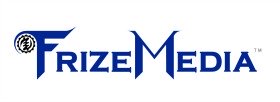
It Is Often Better Than Buying
Leasing refers to an owner, or lessor, selling use of his property (equipment, automobile, home, or business) to a lessee. For many individuals, leasing is a good alternative to buying because leasing requires less equity and, therefore, more people have the qualifications to lease than to buy. For example, a $1 million piece of property may be too expensive for a business to purchase, so they lease it for $5,000 per month, which they are able to do with the profits they make.
Having the latest high-tech equipment is crucial for an IT company, so they may lease the best computers and have a continuing upgrade in their contract. This is much more cost-effective than regularly having to purchase the latest model, especially because computers are constantly being improved upon and the older ones become obsolete in no time. Many other types of equipment, such as those used in construction, entertainment, weddings, and offices are typically leased to the user.
Bulldozers, loaders, graders, and cranes are just some of the equipment needed when constructing a new building. If the building owner bought these items for the temporary use needed, he would spend hundreds of thousands of dollars needlessly. By leasing the machines, he is paying less and also being guaranteed service, repair, and maintenance on them.
Equipment rentals are a big part of the entertainment industry, from a child’s birthday party to huge corporate events. Many parents lease massive water slides, cotton candy machines, and “moon walks” to enhance their child’s party. Corporations
trying to impress clients host big blowouts complete with extravagant
light shows, live broadcasts, and other huge presentations, all
requiring leased equipment.
Weddings and bat/bar mitzvahs are
other big sources of leasing needs. These events often require large
amounts of silverware, linens, tables and chairs. Some even opt to have huge tents erected for their event, another leased product. A
wedding typically has five or more vendors, all providing various
leased services, such as catering, supplies, and music for the event.
Business
offices must supply their workers with adequate equipment required to
produce a huge amount of paperwork and computer files.

Machines such as computers, printers, scanners, copiers, and fax machines are often leased because the lease contract provides the lessee with service and maintenance. Many contracts also include supplies, upgrades, and installation, all of which would be too expensive to buy individually. Leasing is much more cost-effective than buying in many of these situations.
Another item that is frequently leased is the automobile. There is a lot of debate over whether it is better to lease or buy a car. On the one hand, the lessee gets the best years of the automobile’s life at a slightly discounted price. But, of course, the buyer is able to sell the car at the end of its run, unlike the lessee, who must return it to the owner for no monetary return.

Homes, such as houses, mobile homes, and apartments, are very often leased. This is a great option for a person who is trying to save money for a down payment on a home. It is also a good way for homeowners to profit without selling their property.
FrizeMedia Ghana SEO SEM Digital Marketing Proposal
The Best And Top Digital Marketing And SEO Services In Ghana
Many people make their entire earnings from the process of buying dilapidated homes, refurbishing them, and leasing them as homes to others. Business leasing works similarly to home leasing.
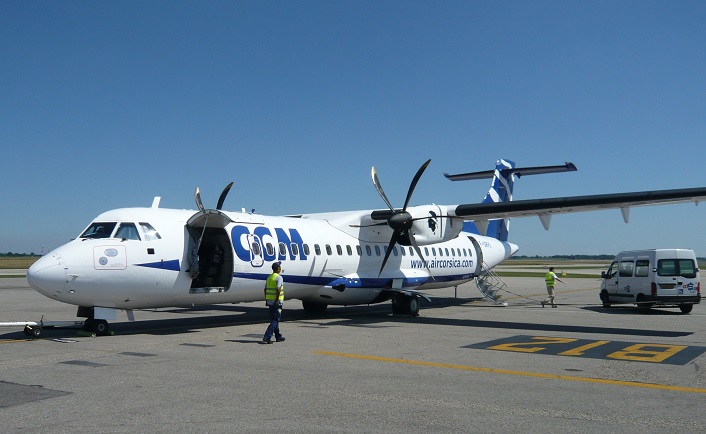
A person or company will buy a strip mall and lease each of the storefronts to different businesses, focusing on what sort of businesses will do well in the community and offering a variety of services on the property. The business owner would rather lease the store than buy it, because it is less expensive and the landlord will handle all service and maintenance of the building.
History Of Income Tax In The US
Catch The Entrepreneurial Spirit
The Four Major Forms Of Fundraising
Browse All Our Informative Topics
InternetBusinessIdeas-Viralmarketing Home Page
Tweet
Follow @Charlesfrize
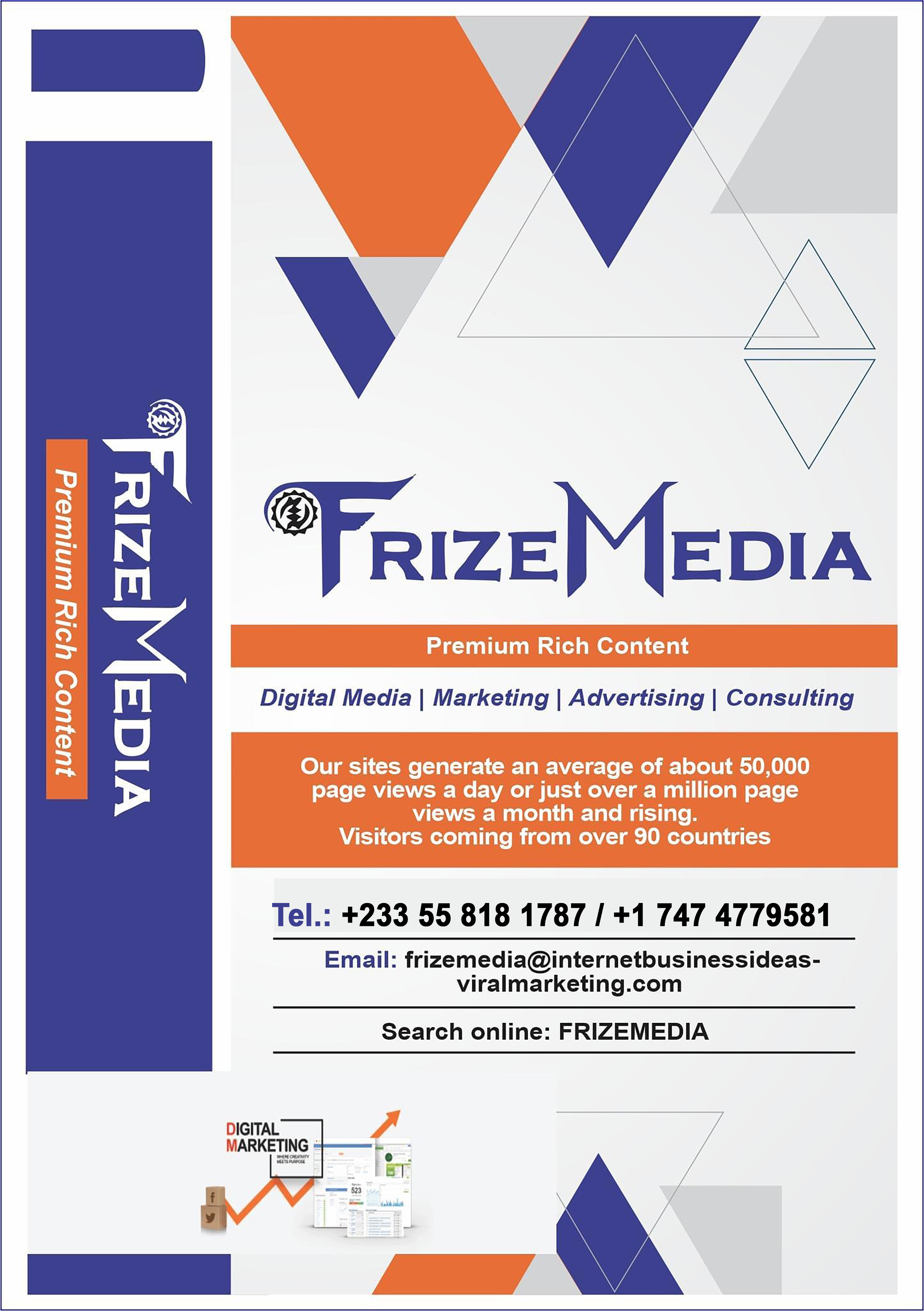
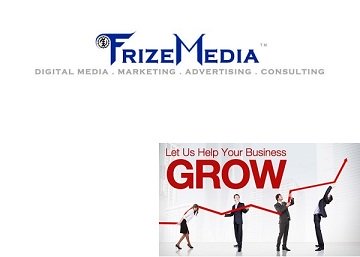



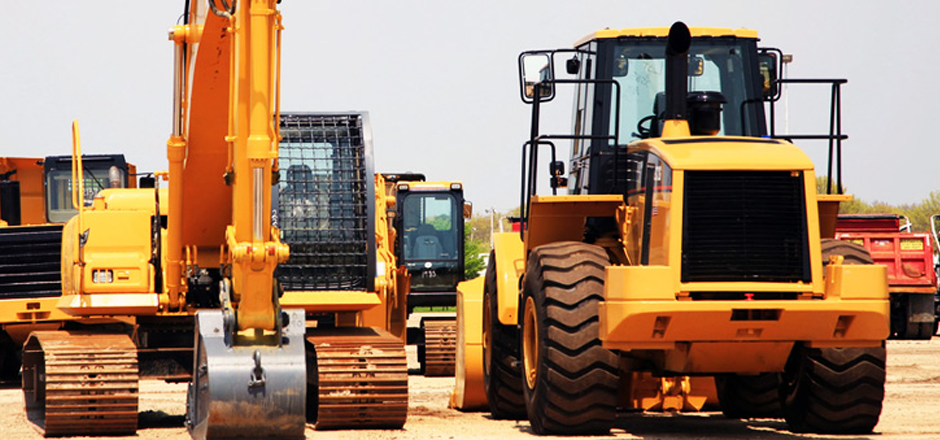

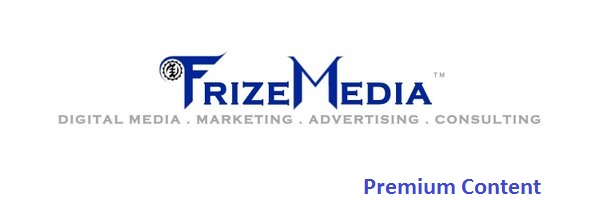





New! Comments
Have your say about what you just read! Leave a comment in the box below.